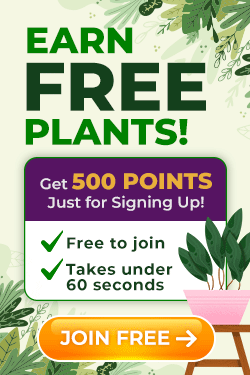Get Better At Gardening
Gardening is something almost anyone can do, and it is also something that everyone can continue to improve on. Whether you are a beginner or a master gardener, gardening can be extremely challenging or easy, depending on what your goals are.
Growing vegetables, fruits, and herbs is something that can provide your family with fresh food all year. It’s an easy way to eat healthier and it’s a very rewarding experience.
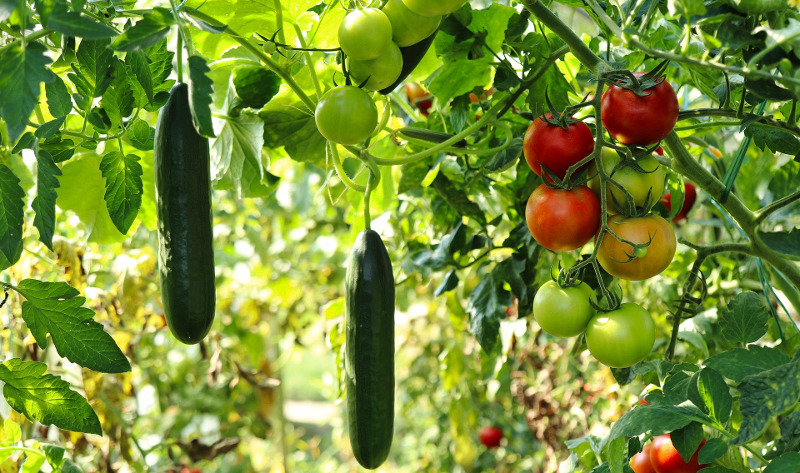
What Every Gardener Should Know
Gardening for beginners can often be a very scary and intimidating task. There are some basic things that every gardener should know before starting.
-
Every gardener fails - you have before or you will soon. It’s going to happen. It’s easier to just accept that fact, and keep going when it happens.
-
Plan & research - the more you know before starting, the better off you’ll be. But don’t let the fear of not knowing something prevent you from starting all-together.
-
Start small and work your way up. Start with some cheap seeds or starter plants. Don’t start with a rare indoor plant that costs $400. You will kill plants as you go. So it’s better to kill cheap/free plants than an expensive one that might discourage you from trying again.
-
Plants need some basic things. Sunlight, water, soil/nutrients are all key.
-
Water regularly once the soil is dry. Every new gardener is tempted to over-water, which will kill your plants. Test the top 2 inches of soil with your finger to determine if it needs more water.
-
Give your plants plenty of room to grow. During the growing season, plants will grow quick and take over a space. So plan ahead for the proper amount of space for each plant.
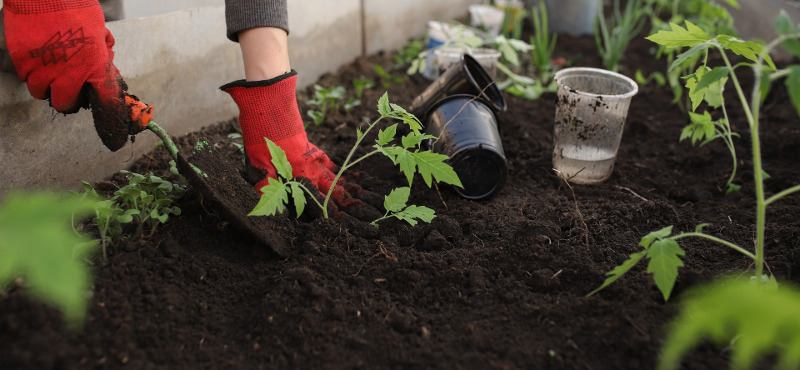
Raised Bed Gardening
A very popular technique for gardening is raised bed gardening. This has many benefits, but can take a little longer to get started. Raised bed gardening allows gardeners to grow food in locations that otherwise couldn’t. Balconies, decks, cement patios and locations with poor soil are now areas where you can grow food and other plants!
Vegetable gardening in raised beds also keeps pests like rabbits away and helps prevent weeds from spreading and suffocating your vegetable plants.
The drawbacks of raised bed gardening, is that the soil runs out of nutrients faster and the soil dries out quicker. But those drawbacks seldom outweigh the benefits.
Edible Gardening Tips
Composting
Many experienced gardeners will start to learn about composting once the plant care has been covered. Composting is taking organic material like grass clippings, banana peels, egg shells, leaves and old potting soil and allowing the material to break down. Once the organic material is broken down, it becomes nutrient rich soil that plants thrive in.
Each year as the garden grows, the plants draw nutrients out of the soil. Whether the plants are growing in the ground or in raised beds, the nutrients will need to be replenished. Composting is an easy and inexpensive way to do that.
Growing Plants From Seeds
Starting plants from seed rather than buying plugs or small starter plants is an inexpensive way to garden each year. It just takes more planning and patience (plus more skill) to do this. Often gardeners will start seeds indoors so the plants are large and ready to start thriving outdoors once the weather warms up. This increases the growing season and how much the plants will produce each year to harvest.
You can also start seeds indoors during the year so you stagger the harvest times for each plant. Some plants only produce fruit and vegetables for a certain amount of time. So staggering when the plants reach maturity will extend the harvesting time.
Pest Control
Once you start gardening, you will eventually run into pests trying to ruin your perfectly healthy plants and produce. Each plant and each region has their own specific pests and challenges to overcome. If you have a specific pest you are having trouble with, contact us below and we'll try to help as much as we can!
Canning & Preserving Food
Once you have mastered growing food, you will eventually not be able to keep up with how much you harvest. You can either start eating more, give some food away to your neighbors, or learn how to can and preserve your food that has been harvested. This is also a great way to enjoy the fruits of your labor year round instead of just during the growing season. Canning, vacuum sealing, smoking and drying food is a great way to extend the life of your harvest.
DIY Gardening Ideas
Garden Fresh Recipes
Growing Vegetables in the Garden
Growing and Harvesting Potatoes


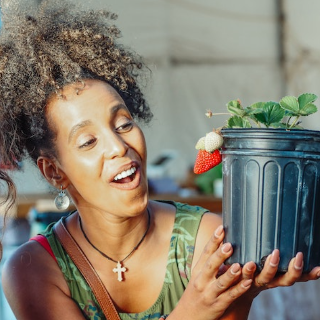
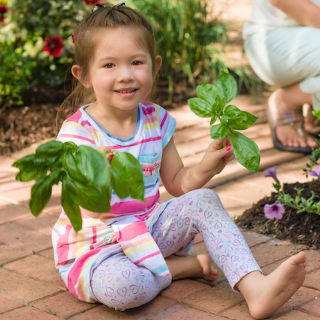
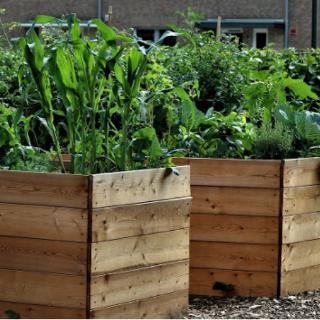 Square Foot Gardening For Beginners
Square Foot Gardening For Beginners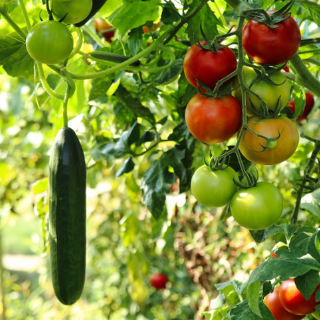 Vegetable Companion Planting
Vegetable Companion Planting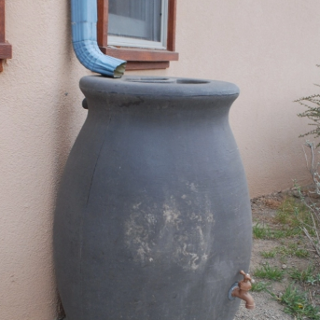 Using Rainwater In The Garden
Using Rainwater In The Garden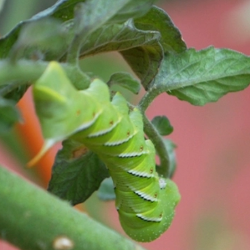 Tomato Hornworm Control
Tomato Hornworm Control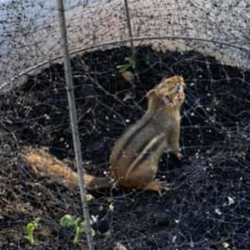 Keeping Pests Out Of Pots
Keeping Pests Out Of Pots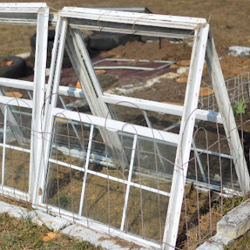 DIY Cold Frames
DIY Cold Frames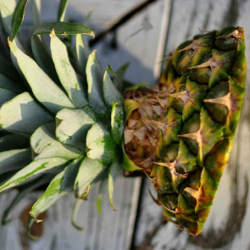 Plant A Supermarket Pineapple
Plant A Supermarket Pineapple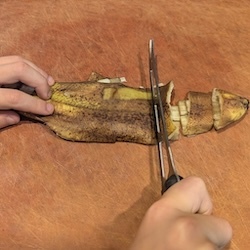 Banana Water For Plants
Banana Water For Plants What To Do With Old Pumpkins
What To Do With Old Pumpkins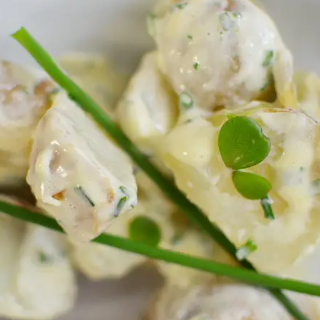 Purslane & Chive Potato Salad
Purslane & Chive Potato Salad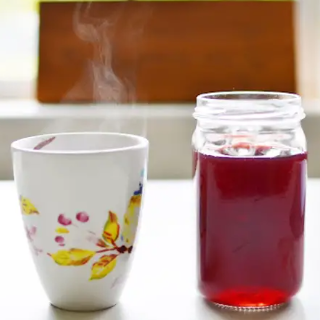 Hibiscus & Dandelion Tea
Hibiscus & Dandelion Tea Redbud & Lilac Jelly
Redbud & Lilac Jelly
